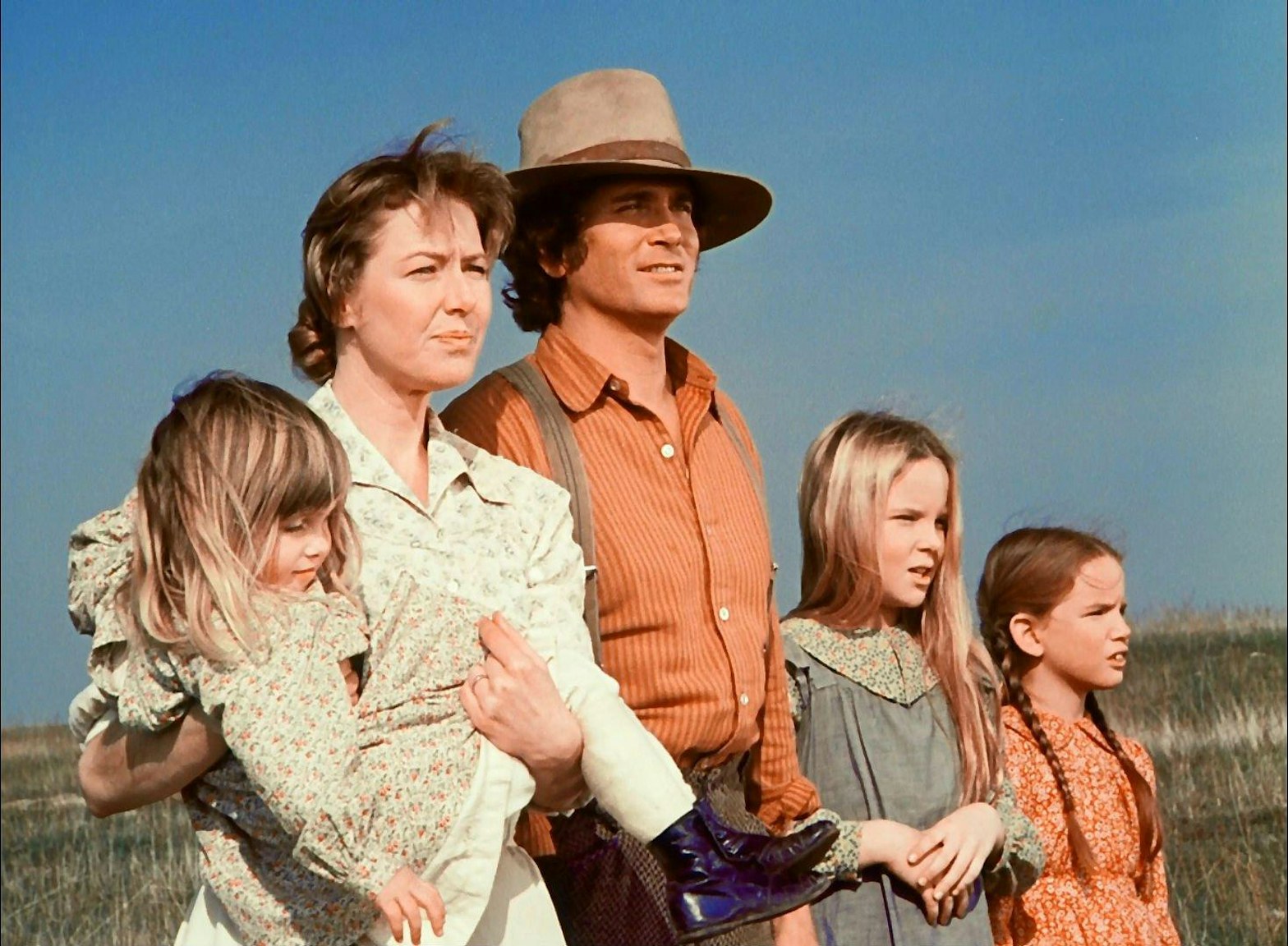At eight years old, I watched Little House on the Prairie religiously, after school, every day, channel eight, 4:30 pm. In one episode, there was a scene where Pa asks Laura to go fishing after school. She replies that she can’t because she has homework to do. In the scene, Pa turns to his buddy Mr. Edwards, and says: “Well, we don’t have homework, so let’s go fishing!”
A lightbulb in my tiny eight-year-old brain. Adults don’t have homework. Adults can choose to go fishing on a school night.

We mythologize the “freedom” of childhood, and we are not altogether wrong. Many of us grew up relatively free from the burdens of bills, taxes, groceries, appointments. I had no calendars to manage, no logistics to sort out when my ballet class ended at the same time as my brother’s basketball game, in the opposite corner of town. My parents figured it out, and I trotted off to ballet, confident that someone would collect me at 7:30 sharp. But I’m not sure that “absence of responsibilities” is an accurate definition of freedom. Freedom, fundamentally, is about choices, is it not?
Arriving home recently, at the end of a long day, craving nothing more than both of my self-soothing vices—a big glass of red wine, and a big cup of hot tea—I prepared both. I have both wine and tea in my cupboard. I have both wine glasses and teacups on my shelves. “You can have one or the other,” is how we respond to a child who wants both milk and juice. But I am an adult, and I can choose to have both if I want, not only because I have the resources to keep my cupboards stocked with wine and tea at all times, but also because there is no one to tell me I can’t.
The very foundation of our school system is premised on limiting children’s choices
We adults deny children choices all the time. Often it is for their own good (given the choice, many children would gobble cotton candy for breakfast every day), but we also do it out of habit, out of routine. The very foundation of our school system is premised on limiting children’s choices. This is neither good nor bad (practitioners have written pages to prove both), but it undeniably is. If, as an adult, I am stuck in a long meeting or workshop, I can give myself a bathroom break, a water break, a “walk around the building break” and do so unchallenged. In most schools, children must get permission to leave the room, and teachers do not hesitate to reprimand or deny a child whose bathroom or water request seems disingenuous.
Last week at school, my assistant sent all of our teachers a link to an article called I Lost My Mitten. It describes how children who attend a full-day school program, plus a before-and-after-school care program, will change into and out of their outdoor clothing up to 12 times in a single day. Snow pants, jacket, toque, boots mittens. On and off and on and off over and over. I, as a full-grown adult, with fully-developed motor skills (I can zip my own zipper the first time) and strong planning abilities (I never accidentally put my mittens on first), would never agree to that daily schedule. I would insist on keeping my snow pants and boots on throughout the day. I would opt-out of at least some outdoor time. I would decide that I don’t need snow pants. Let’s be honest, most adults, on most winter days, make the exact same choice.
In my mid-twenties, as a significant relationship was ending, in that drawn-out, messy way that involves repeated late-night conversations at his place, I found myself irrationally, sentimentally grateful for the little purple Dodge Neon that carried me home in the wee hours, away from the circular conversations and buckets of tears. Freedom came in the form of choosing to leave the conversation when I wanted to and a common symbol of adulthood embodied it—my car.

I still watch reruns of Little House on the Prairie when I stumble across them, but now my sympathies tend to lie with Ma and Pa Ingalls, rather than with their middle daughter, Laura. Although their hard-working pioneer lifestyle makes my own world seem luxurious and leisurely, both realities emphasize the truth that adulthood is not, in fact, as blissfully homework-free as my third-grade-self imagined.
While I have never had to plow fields at sunrise, there have been (and still are) stretches of my life full of long hours and hard work. Grad school was grinding and interminable. As a new teacher, the marking, planning, grading, organizing, and researching created an entire second shift that began as soon as my classroom emptied at 3:30 and sometimes lasted late into the night. However, in both of these cases, the homework was not the homework of children. It was self-imposed. I chose graduate school. I chose a career that requires preparation for each workday. What’s more, I chose to care about doing those jobs well.
Childhood may be more carefree than adulthood. It may even be, on the whole, happier. And yes, in many cases, freedom is about big issues: the right to vote, equal access to resources and opportunities. But freedom also (and more often) occurs in tiny moments of choice, small symbols of adulthood: going without snow pants, a little purple car, tea and wine at the same time, and yes, choosing my own homework over going fishing.
